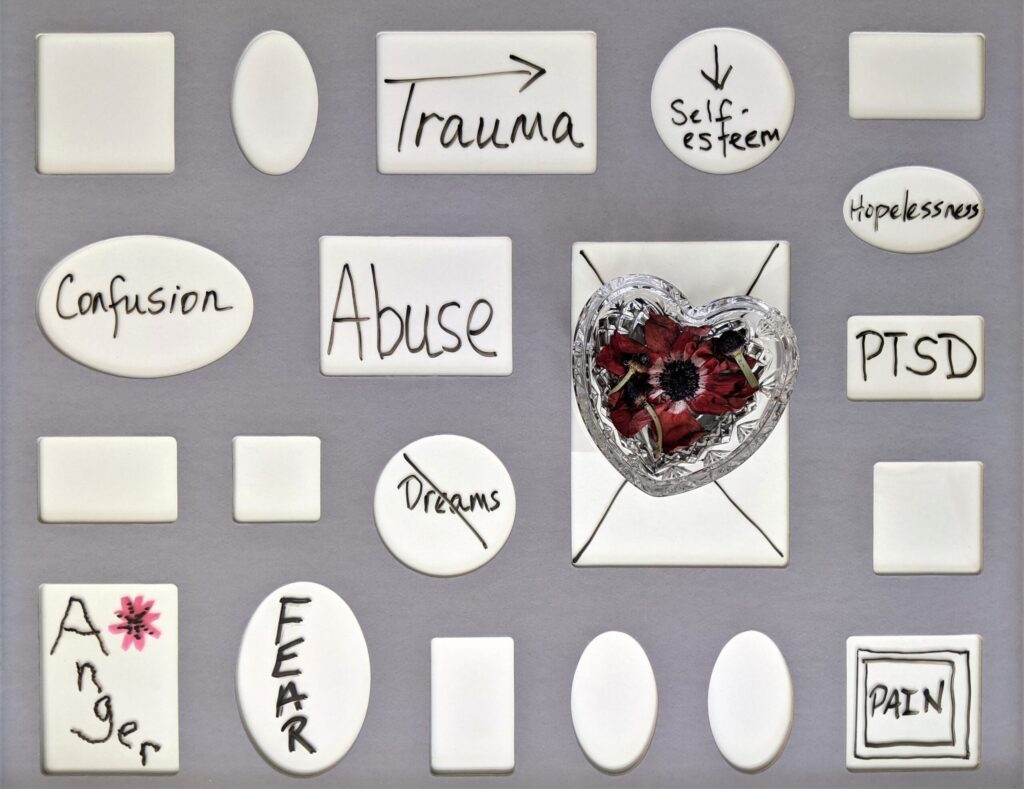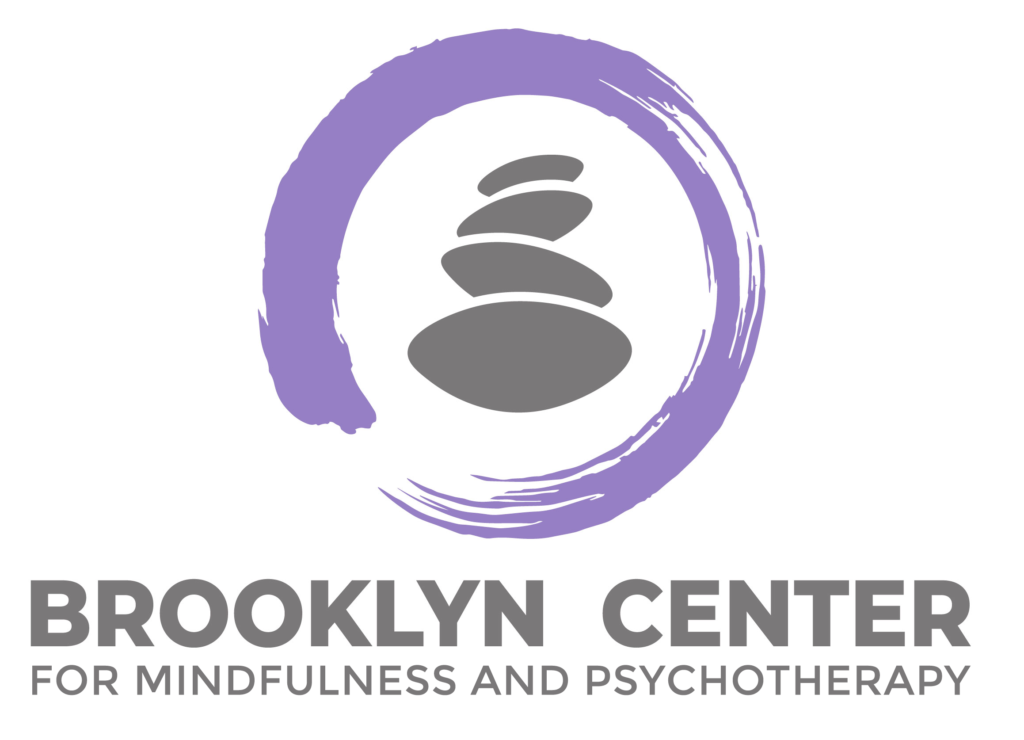Finding balance becomes paramount in the bustling city of New York, where the fast-paced lifestyle and never-ending demands can leave us feeling overwhelmed. “Finding Balance: Managing Stress and Anxiety in a Hectic World” delves into the challenges faced by New Yorkers and offers practical strategies to navigate the complexities of modern life. This blog aims to provide insights, tips, and resources to help individuals reclaim their peace of mind, reduce stress, and cultivate a sense of calm amidst the chaos. Whether you’re a busy professional, a student, or simply someone looking for solace in the city that never sleeps, this blog is your guide to achieving equilibrium and finding serenity in the vibrant heart of New York.
Understanding Stress and Anxiety
Stress and anxiety are everyday experiences for many people in New York, a city known for its fast-paced and high-pressure environment. Stress can come from various sources, such as work, relationships, and financial concerns. On the other hand, anxiety is often characterized by worry or fear about the future. While some stress and anxiety can be normal reactions to life’s challenges, chronic or excessive stress and anxiety levels can adversely affect both physical and mental health. To maintain overall well-being in a bustling city like New York, it is essential to proactively manage these feelings through meditation, exercise, therapy, and self-care practices.
Differences Between Stress and Anxiety
Stress and anxiety are two common mental health conditions that can significantly impact an individual’s well-being. While they may share some similarities, there are also significant differences.
Stress is a normal response to challenging situations and can be experienced by anyone. It is typically caused by external factors such as work deadlines, financial pressures, or relationship problems. Symptoms of stress include irritability, difficulty concentrating, muscle tension, and sleeping problems. While stress can be unpleasant, it is usually temporary and can be managed through self-care techniques such as exercise, relaxation, and time management.
Conversely, anxiety is a more severe and persistent condition that can interfere with daily life. It is characterized by excessive worry or fear about everyday situations and can become debilitating if left untreated. Anxiety disorders include generalized anxiety disorder (GAD), panic disorder, social anxiety disorder (SAD), and phobias. Anxiety symptoms include restlessness, fatigue, difficulty concentrating, irritability, muscle tension, and sleep disturbances. Treatment for anxiety often involves therapy and medication to help manage symptoms and improve overall quality of life.
Signs and Symptoms
In New York, as in any other place, individuals may experience a range of signs and symptoms related to stress and anxiety. These symptoms can manifest differently in each person, but here are some common signs to look out for:
Physical symptoms:
- Increased heart rate or palpitations
- Rapid breathing or shortness of breath
- Muscle tension, aches, or headaches
- Upset stomach, digestive issues, or changes in appetite
- Fatigue or trouble sleeping
- Sweating or trembling
Emotional and psychological symptoms:
- Excessive worry or fear
- Restlessness or irritability
- Difficulty concentrating or racing thoughts
- Feeling overwhelmed or on edge
- Increased sensitivity to stimuli (e.g., noise, light)
- Feeling a sense of impending doom or panic attacks
Behavioral symptoms:
- Avoidance of certain situations or places
- Social withdrawal or isolation
- Changes in eating or sleeping patterns
- Increased use of alcohol, drugs, or tobacco
- Nail-biting, fidgeting, or other nervous habits
- Difficulty completing tasks or making decisions
Causes of Stress and Anxiety
As a bustling and fast-paced metropolis, New York City can be an environment that contributes to stress and anxiety for many individuals. Here are some common causes of stress and anxiety in New York:

- Work and Career Pressure: New York City is known for its competitive job market and high-pressure work environments. Long working hours, demanding deadlines, and the constant drive for success can lead to significant stress and anxiety.
- Financial Strain: New York City’s living cost is notoriously high. Rent, utilities, transportation, and other expenses can significantly burden individuals and families. Struggling to make ends meet or worrying about financial stability can contribute to stress and anxiety.
- Crowded and Fast-Paced Lifestyle: New York City is densely populated, and the fast-paced nature of life can be overwhelming for some people. Constant noise, traffic congestion, crowded public transportation, and navigating a bustling city can be stressful and anxiety-inducing.
- Social Isolation: Despite being a crowded city, many people in New York experience social isolation and loneliness. The transient nature of the town, the fast-paced lifestyle, and the lack of community connections can make it challenging to build meaningful relationships, leading to anxiety and isolation.
- Commuting Challenges: While efficient, New York City’s extensive public transportation system can also be a source of stress. Delays, overcrowded trains or buses, and the pressure to navigate complex subway networks can contribute to anxiety, especially during rush hours.
- High Expectations and Performance Pressure: New York City is often associated with ambition and success. The pressure to meet high expectations, achieve career goals, and maintain a particular lifestyle can lead to anxiety and stress among individuals who must constantly perform and measure up to societal standards.
- Health and Wellness Concerns: Access to healthcare, maintaining a healthy lifestyle, and finding time for self-care can be challenging in a city as busy as New York. Concerns about healthcare costs, limited time for exercise or relaxation, and the prevalence of fast-paced and unhealthy habits can contribute to stress and anxiety.
- Safety Concerns: Although New York City is generally safe, safety concerns can still contribute to anxiety. Worries about personal safety, especially in specific neighborhoods or during late hours, can be a source of stress for some residents.
Managing Stress and Anxiety
Managing stress and anxiety in New York can be a challenge, but there are many resources available to help. One of the most effective ways to reduce stress is through exercise. Whether running in Central Park, taking a yoga class, or lifting weights at the gym, physical activity releases endorphins that can improve mood and reduce feelings of anxiety. In addition to exercise, mindfulness practices such as meditation and deep breathing can help manage stress.
Another way to manage stress and anxiety in New York is by seeking professional help. Many therapists and counselors specialize in treating anxiety disorders and can provide coping strategies. Additionally, support groups can offer a sense of community and understanding for those struggling with anxiety.
Finally, it’s essential to make time for self-care and relaxation. This could mean taking a bubble bath, reading a book, or treating yourself to a spa day. It’s easy to get caught up in the fast-paced lifestyle of New York City, but taking time to decompress and recharge can be essential for maintaining mental health. By incorporating these strategies into your routine, you can better manage stress and anxiety in a city that never sleeps.

When to Seek Help for Stress and Anxiety?
If you are experiencing stress and anxiety in New York, knowing when to seek help can be challenging. While some degree of stress is average, chronic stress and anxiety can harm your mental health, physical health, and overall quality of life.
One sign that it may be time to seek help is if your symptoms interfere with your daily activities or relationships. For example, if you find yourself avoiding social situations or struggling to concentrate at work due to anxiety, seeking professional support may be beneficial.
Another indicator that it may be time to seek help is if you are experiencing physical symptoms such as headaches, muscle tension, or difficulty sleeping. These symptoms can indicate that your stress and anxiety levels have become too high, affecting your body and mind. Seeking professional support in these cases can help you identify the root cause of your symptoms and develop strategies for managing them effectively.
It’s important to remember that seeking help for stress and anxiety is not a sign of weakness. It takes strength and courage to recognize when you need support and take steps toward improving your mental health. If you’re struggling with stress or anxiety in New York, many resources are available, including therapists, support groups, and mental health clinics that can provide the assistance you need.
Conclusion
In conclusion, stress and anxiety can significantly impact our mental and physical health, and seeking help when needed is vital for our overall well-being. It’s essential to recognize the signs that it may be time to seek support, such as interference with daily activities or physical symptoms. Remember that seeking help is a brave and proactive step towards improving your mental health, and many resources are available in New York to assist you on this journey. At Brooklyn Mindful Therapy, we understand the challenges of managing stress and anxiety in a hectic world, and we’re here to support you on your path toward balance and wellness. Our team of experienced therapists offers tailored approaches to help you address your individual needs and develop effective coping strategies. Don’t let stress and anxiety take control of your life – reach out for help today, and take the first step towards a healthier, happier you.




